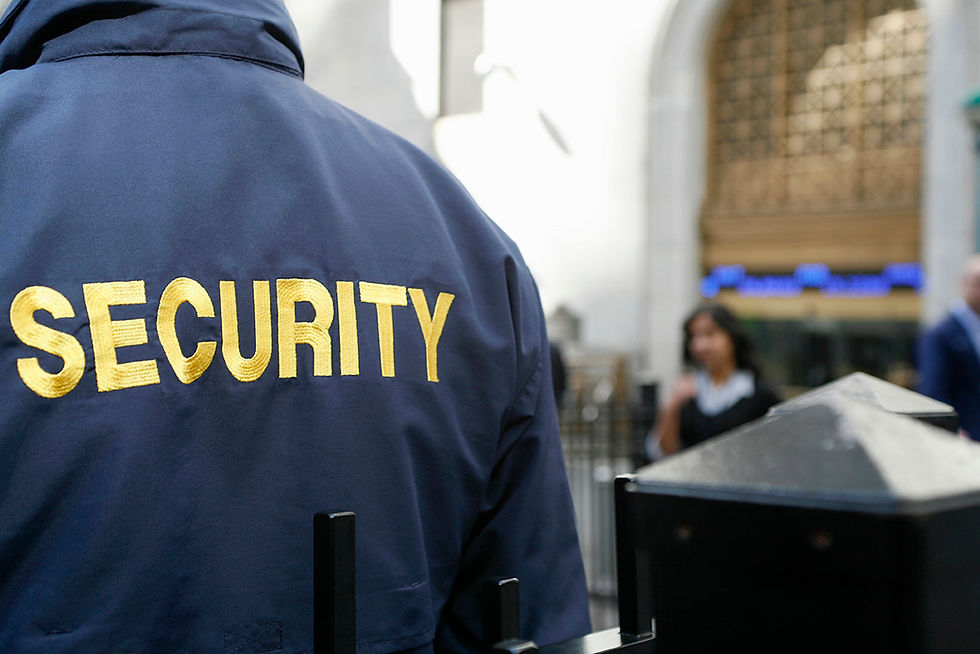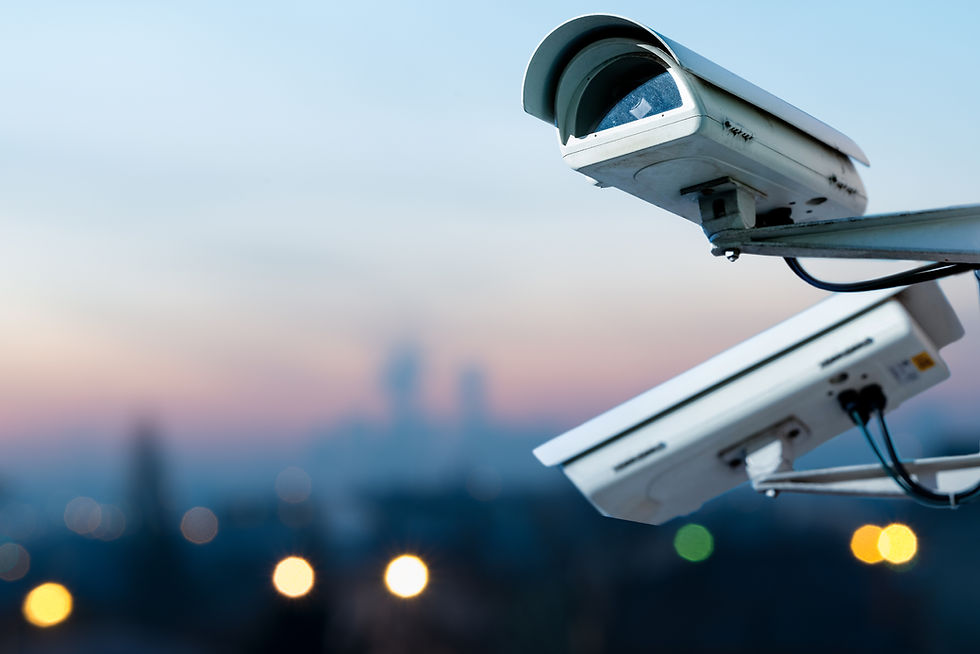Safety Specialists: The Role of Expert Security Services
- Sayuri Konomi
- Apr 5, 2024
- 2 min read

Title: Safety Specialists: The Role of Expert Security Services
In an increasingly complex and uncertain world, ensuring the safety and security of people, property, and assets has become a paramount concern for businesses, organizations, and individuals alike. In this landscape, the role of expert security services, often referred to as safety specialists, has become indispensable. These professionals bring a wealth of knowledge, experience, and specialized skills to the table, offering tailored security solutions to address a wide range of threats and challenges. Let's delve into the crucial role played by safety specialists in safeguarding our communities and environments.
1. Threat Assessment and Risk Management:
Safety specialists begin by conducting comprehensive threat assessments to identify potential risks and vulnerabilities specific to a particular environment or situation. By analyzing factors such as location, industry, infrastructure, and operational dynamics, they develop risk management strategies that prioritize the mitigation of key threats and the protection of critical assets.
2. Customized Security Solutions:
One of the primary responsibilities of safety specialists is to design and implement customized security solutions tailored to the unique needs and requirements of their clients. These solutions may include a combination of physical security measures (such as access control systems, surveillance cameras, and perimeter barriers), operational protocols (such as emergency response procedures and crisis management plans), and personnel deployment strategies (such as security patrols and guard services).
3. Advanced Technology Integration:
In today's digital age, safety specialists leverage cutting-edge technology to enhance the effectiveness and efficiency of security operations. From state-of-the-art surveillance systems with advanced analytics capabilities to biometric access control systems and remote monitoring platforms, these technologies empower safety specialists to stay ahead of evolving threats and respond rapidly to security incidents.
4. Proactive Threat Detection and Prevention:
Rather than simply reacting to security breaches after they occur, safety specialists adopt a proactive approach to threat detection and prevention. Through continuous monitoring, intelligence gathering, and predictive analysis, they identify potential security risks early on and implement preventive measures to mitigate them before they escalate into full-blown crises.
5. Emergency Response and Crisis Management:
In the event of a security incident or emergency situation, safety specialists are trained to respond swiftly and effectively, minimizing the impact on people and property. Whether it's a natural disaster, a terrorist threat, or a criminal attack, these professionals have the expertise, resources, and coordination capabilities to manage crises, coordinate with law enforcement and emergency services, and ensure the safety and well-being of all stakeholders.
Conclusion:
In an ever-changing and increasingly volatile world, safety specialists play a crucial role in safeguarding our communities, businesses, and institutions. By conducting thorough threat assessments, designing customized security solutions, leveraging advanced technology, adopting a proactive approach to threat detection and prevention, and effectively managing emergencies and crises, these professionals help create environments that are safe, secure, and resilient. As the complexity and diversity of security challenges continue to evolve, the role of safety specialists will only become more vital in ensuring the safety and well-being of individuals and organizations worldwide.




Comments